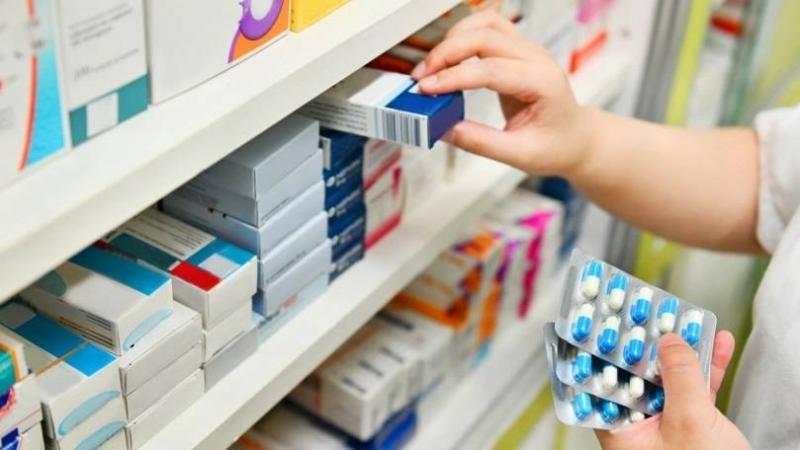Day by day, it becomes increasingly clear that piecemeal solutions in the medication file no longer meet patients' needs for their medicines. The longer the crisis lasts, and the longer makeshift solutions continue, the more chaos increases in the sector to the extent that it has become "normal" to find two prices for the same medication: one official, set by the Ministry of Public Health in Lebanese pounds, and another unofficial imposed by black market traders in dollars. Today, as the import of medications is cut off, the door to chaos has opened, leading to an expanding list of smuggled, counterfeit, and adulterated drugs, with some even sold outside of pharmacies!
Ignoring the smuggling, even in pharmacies— including large pharmacies— the sale of smuggled medications is no longer being done "under the table." Shelves have been dedicated to these medications, and their sale is now public and conducted in fresh dollars. This situation is not happening discreetly from those involved in the sector, specifically the Ministry of Health... but with their knowledge.
Dealing with the issue of drug smuggling— and the attempt to legitimize its sale— seems to be based on the principle that "what forces you to the bitter is the more bitter," as the loss of medications has led some parties to reduce the measures that today yield counterproductive results. While the Ministry of Public Health continues its inspections of pharmacies and monitoring violations, on the other hand, "it is no longer capable of suffocating the market, as it cannot prevent access to medications in that manner, especially when the Central Bank delays the release of funds and when medications are absent from the market," according to informed sources. Security agencies appear to be following suit by "overlooking" what may enter as medications, whether within personal luggage or under other titles. Some pharmacy owners have even begun to seek to purchase medications in this manner "either from owners of bags or by traveling and bringing back what we need," as stated by one pharmacist.
**Pharmaceutical Security**
Regardless of the leniency some justify by ensuring patients receive their medications, the pressing questions that must be asked are: Who guarantees the pharmaceutical security of citizens? Who ensures the quality of these medications? How can one ensure their safety when they are obtained in such a convoluted way and in the absence of a central laboratory for testing them?
Today, no one has those answers, specifically the Ministry of Public Health, even as it seeks to mitigate the chaos by working on issuing decisions that strip drug importers, warehouse owners, and pharmacists of justifications for "withholding medications."




